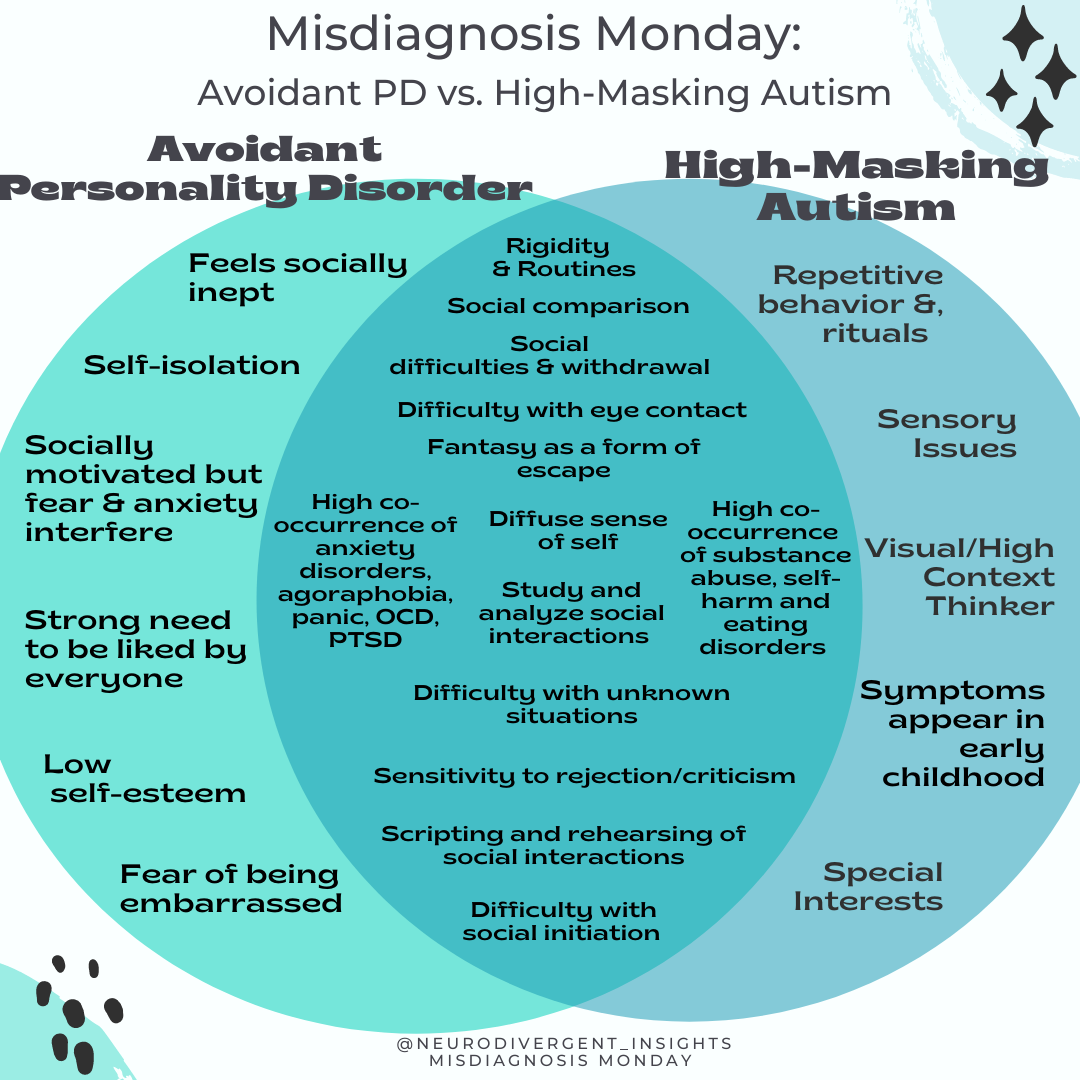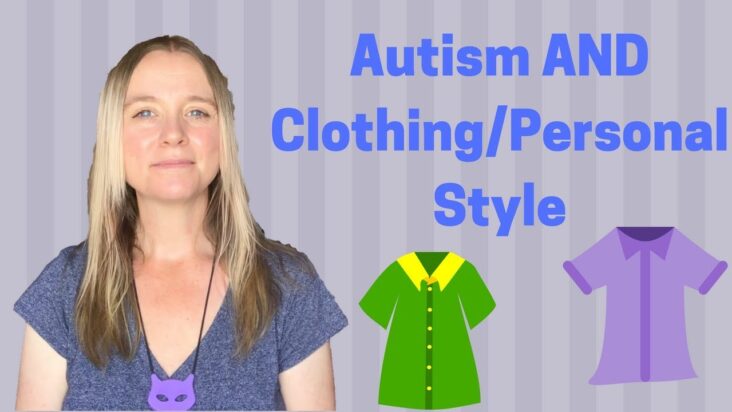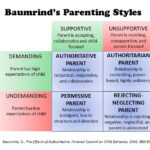Unraveling the complex world of autism can be challenging, and misinformation often clouds our understanding. One commonly debated topic is whether or not parenting style can cause autism. This article seeks to provide clarity on this issue, utilizing credible scientific findings to debunk the myth. While parenting styles can certainly impact a child’s development in various ways, the scientific consensus is clear: they do not cause autism. Join us as we delve deeper into this subject, dispelling misconceptions and shedding light on the true causes and nature of autism.
Unraveling the Myth: Parenting Styles and Autism
Unraveling the misconception that parenting styles can cause autism is crucial to understanding the actual factors behind this neurodevelopmental disorder. Scientific evidence strongly refutes any linkage between parenting styles and the onset of autism. Autism is primarily linked to genetic and environmental factors, not the way a child is raised. It’s vital to debunk this erroneous belief in order to eliminate unnecessary guilt and blame often placed on parents. By spreading awareness and understanding about the real causes of autism, we can foster a more compassionate and knowledgeable society.
Parenting Styles: Do They Really Influence Autism Spectrum Disorder?

A widely debated topic is whether or not parenting styles can influence the development of Autism Spectrum Disorder (ASD) in children. Despite various misconceptions, scientific evidence firmly states that ASD is not a result of parenting styles. Instead, it’s largely driven by genetic and environmental factors. Autism is not a behavioral consequence but a neurodevelopmental condition that affects social interaction, communication, and behavior. Thus, blaming a parent’s approach to raising their child for the prevalence of autism is unfounded and scientifically unsupported. It is crucial to dispel such myths to foster a better understanding and support for individuals with autism and their families.
Scientific Evidence: No Link between Parenting Style and Autism

Renowned scientific research consistently disproves the belief that parenting style can cause Autism Spectrum Disorder (ASD). Autism is a neurodevelopmental disorder with genetic and environmental origins, not influenced by parenting techniques or upbringing. Studies published in prestigious journals like JAMA and Nature Genetics affirm the significant genetic contribution to autism, debunking the myth that it’s a product of specific parenting styles. This evidence reinforces the understanding that parental actions or decisions cannot trigger ASD. Rest assured, autism is not a consequence of parenting style, but rather a complex interplay of genetic and environmental factors.
Dispelling Misconceptions: Autism is Not Caused by Parenting Approach

There are myriad misconceptions surrounding autism, one being that it’s caused by certain parenting styles. However, scientific studies have debunked this myth, asserting that autism is a neurodevelopmental disorder with genetic roots. Autism isn’t induced by a parent’s behavior or approach towards their child. It’s essential to dispel such fallacies to ensure that parents don’t shoulder undeserved guilt or stress. Autism is a complex disorder with no single known cause, but rather it stems from a combination of genetic and environmental factors. Understanding this truth fosters acceptance, empathy, and effective support for those with autism.
Understanding Autism: Its Causes and Why Parenting Style Isn’t among Them

Scientific research strongly suggests that autism is primarily caused by genetic factors and possibly certain environmental influences during prenatal development. Autism isn’t a condition that results from specific parenting styles or practices. While every child requires unique parenting approaches, it’s important to underscore that no parental behavior has been proven to cause autism. Autism is a neurodevelopmental disorder that typically manifests in early childhood. It isn’t a consequence of upbringing. With a deeper understanding of autism and its origins, we can dispel misconceptions, reducing stigmatization, and fostering more inclusive societies.




